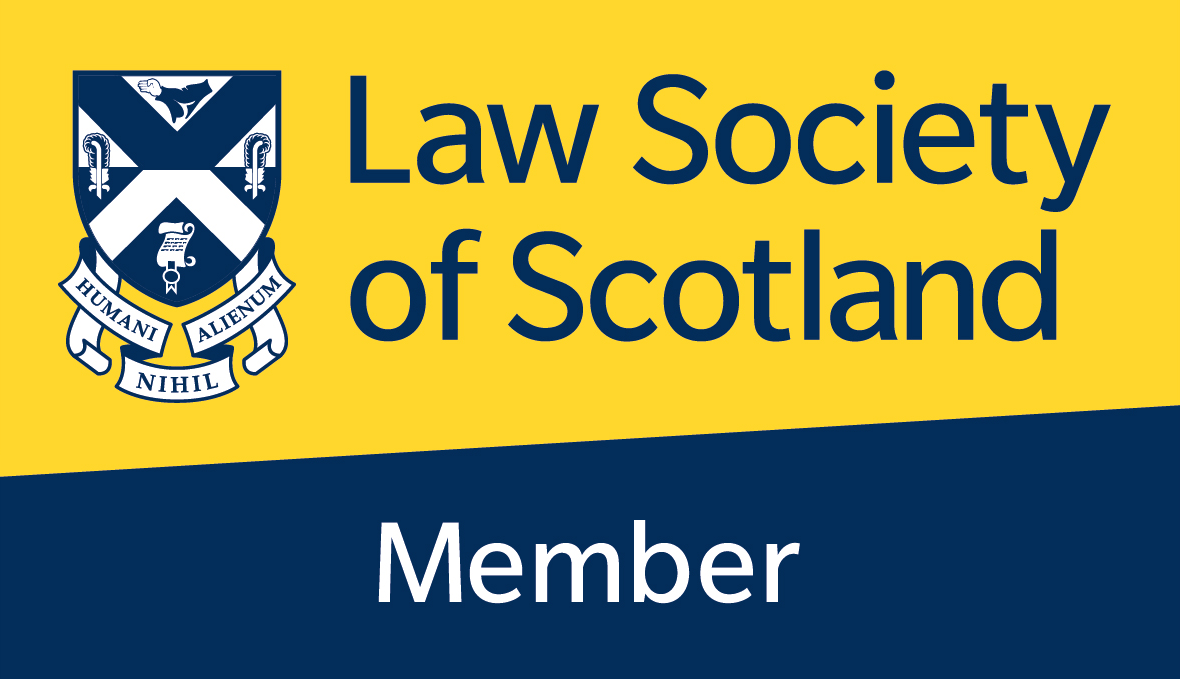Lawford Kidd, Personal Injury Solicitors
Advocates Have Their Say On Personal Injury Pre-Action Protocols
The Faculty of Advocates has published a response to the Scottish Civil Justice Council’s (SCJC) questionnaire on pre-action protocols that require necessary steps to be taken before a case can start.
Presently, there are no compulsory pre-action protocols in Scotland. Instead there are four voluntary protocols covering: Court of Session commercial actions; personal injury claims up to £10,000; professional negligence claims up to £20,000; and, industrial disease claims.
With the Courts Reform (Scotland) Bill proposing to give the Court of Session the power to introduce compulsory pre-action protocols, last month, the SCJC began an information gathering exercise on: (1) the current use of voluntary pre-action protocols; and (2) the possible introduction of compulsory protocols.
When asked if a new pre-action protocol regime should be introduced before the specialist Personal Injury Court, the Faculty answered in the affirmative:
‘Standing our support for compulsory pre-action protocols in principle, we consider that it would be best to introduce the regime as soon as reasonably practicable. Introduction of the regime in advance of the specialist Personal Injury Court should mean that only claims which truly require to be litigated are raised in the specialist PI court thereby preventing the PI court from being overburdened and allowing it to be more efficient.’
Whilst the Faculty also agreed, at least in principle, to compulsory pre-action protocols extending to higher value cases involving fatal or catastrophic injury, concerns were raised that compliance with said protocols would 'considerably front-load the costs'. The organisation added:
'We consider that regard ought to be had to the effect of this front-loading in practice where the person making the claim or their representative (“the claimant”) would be entitled to civil legal aid but not advice and assistance.'
Further, the Advocates suggested exceptions should be maintained for mesothelioma claims 'where a tension may exist between a need to raise proceedings quickly to preserve rights of a dying claimant (and to try to achieve a settlement for that claimant so that they may benefit from it while they are still alive) and the aims of the protocol.'
The development of a pre-action protocol for medical negligence claims was also supported, with the faculty suggesting that key features for any such protocol should be very similar to those in the professional negligence voluntary pre-action protocol.
The Faculty’s response will no doubt prove useful in guiding the SCJC.
The full response from the Faculty of Advocates can be accessed at here (pdf).
Contact Lawford Kidd’s Compensation Solicitors Today
Lawford Kidd are expert compensation and accident claim solicitors with offices throughout Scotland. To start making your claim, click here.
About the author
Expert claims & compensation solicitors. We can help you if you have suffered an accident or injury in Scotland. Call us on 0808 258 1233 or fill in our online contact form.
Related Posts
By accepting you will be accessing a service provided by a third-party external to https://www.lawfordclaims.com/
We're here to help
Talk to one of our expert compensations lawyers today
Call us on 01312255214
Get 100% compensation! Start your claim here

Accreditations & Memberships


Get 100% of the compensation you deserve
Talk to one of our expert compensations lawyers today
Call us on 01312255214
Or you can start your claim using our online claim form
Claim online
Locations Served
Lawford Claims
19 West Tollcross
Edinburgh
Scotland
EH3 9QN
Tel: 01312255214





